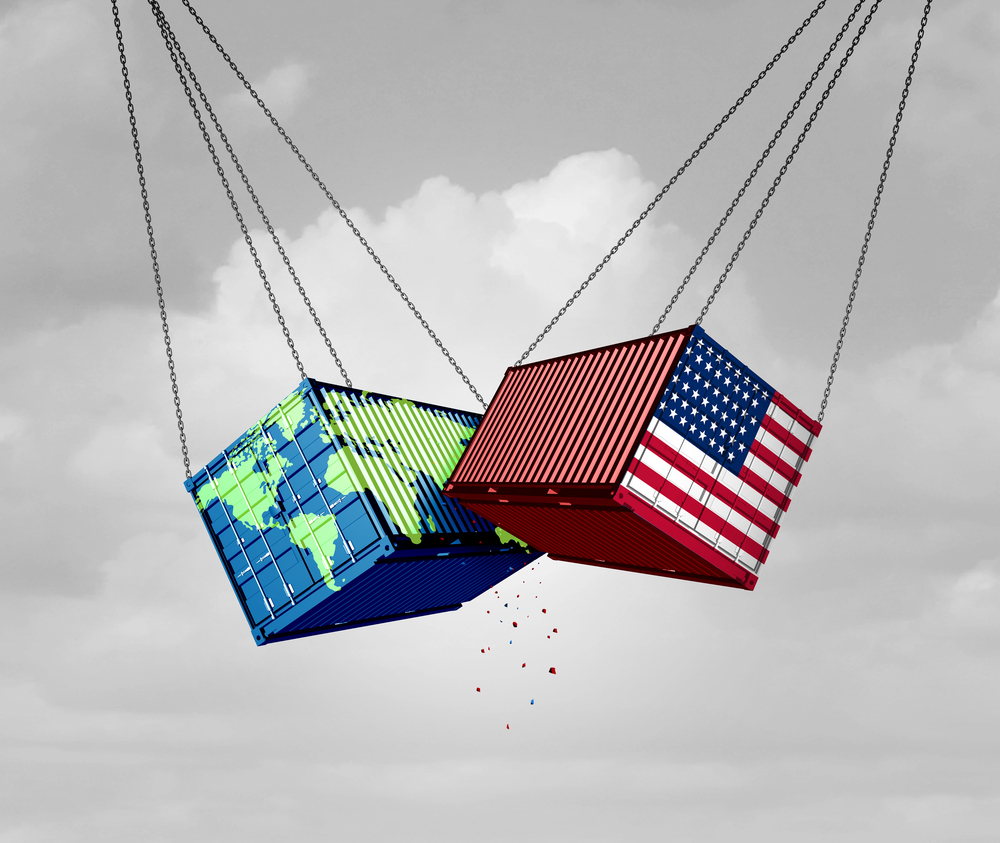
Will tariffs lead to a virtuous cycle of decreasing trade barriers or a vicious cycle of increasing costs to nations around the world?
Craig Allen, former president of the U.S.-China Business Council, posed the question at the 2025 MEMA Aftermarket Suppliers Global Summit in Miami. Only time will tell he said, as he tried to make sense of the U.S. government’s decision to impose new or additional tariffs on partnering countries.
“What we don’t know, however, and really what everyone in this room needs to know, is this a complete global reset or is it just a negotiating tactic to try to improve the terms of trade for the United States?” Allen said, highlighting the uncertainty surrounding the Trump administration’s approach to tariffs. “And I don’t have an answer to that.”
He explained that U.S. President Donald Trump’s ambition is to re-industrialize the United States, using tariffs as one of many tools to achieve this goal.
“Tariffs are only one tool in the toolbox — but President Trump sure loves this tool, and he’s going to use an awful lot more than he did in his first term,” Allen said.
Allen noted the aggressive use of tariffs by the Trump administration, which has launched several major tariff campaigns in its few months in power.
“All of which are completely unprecedented,” he said, noting that the language used in tariff legislation is “well drafted” and written in a way that shows the administration intends to follow through.
“And I would argue that all of this was cooked up prior to the election and they had a playbook that they’re rolling out,” Allen added.
He also highlighted the historical context of tariffs in American politics, stating that the Republican Party has been the party of high tariffs since Lincoln. “Trump’s use of tariffs is extremely aggressive, but certainly not unprecedented,” he noted.
Trade imbalances, which Trump has railed against when discussing Canada, are the result of imbalances between saving and consumption.
“If a country saves too much, they have a trade surplus. That’s China with a $1 trillion trade surplus this year because they save too much. And if a country consumes too much and saves too little, they have a trade deficit, and that’s the United States,” Allen explained.
Adding tariffs will not change the overall trade balance but will shift importing and exporting, creating targeted winners and generalized losers, Allen argued.
“It’s not going to do a darn thing for the overall trade macroeconomic imbalance,” he said at the event held at the University of Miami.
Allen further expressed concern about the potential outcomes of tariff policies.
“If President Trump is able to announce tariffs on a reciprocal basis, and that forces other countries to bring their tariffs down, then we have a potentially virtuous cycle of reducing tariffs around the world,” he explained. “But if President Trump announces tariffs, and that brings tariffs up, then we have a potentially vicious cycle that perhaps is not that different from the Smoot-Hawley Tariff Act of 1930 which did not create the Great Depression, but which certainly exacerbated it.”
Allen left the audience with a critical question: Will tariffs lead to a virtuous cycle of decreasing trade barriers or a vicious cycle of increasing tariffs and other barriers?
Image credit: Depositphotos.com


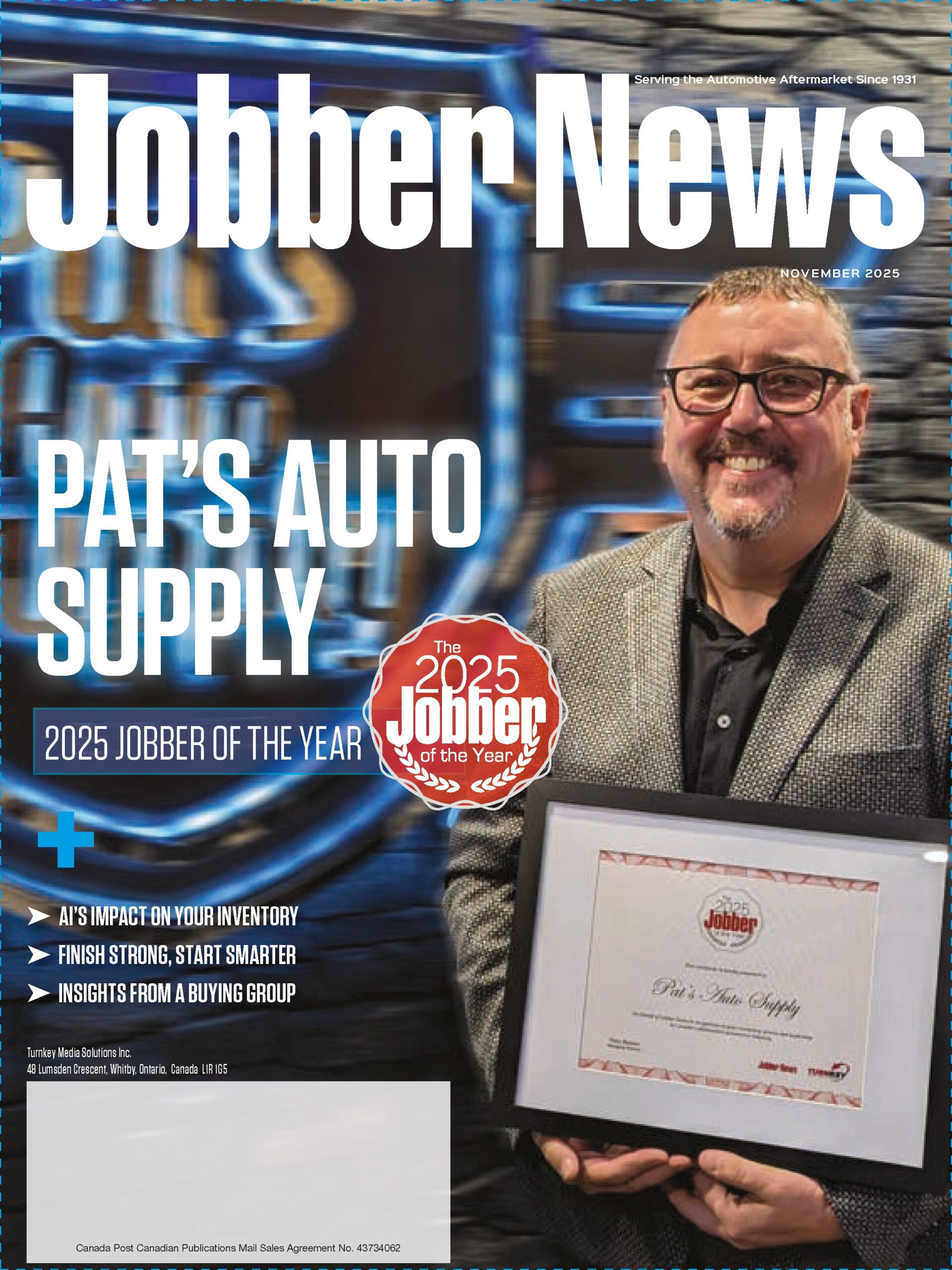
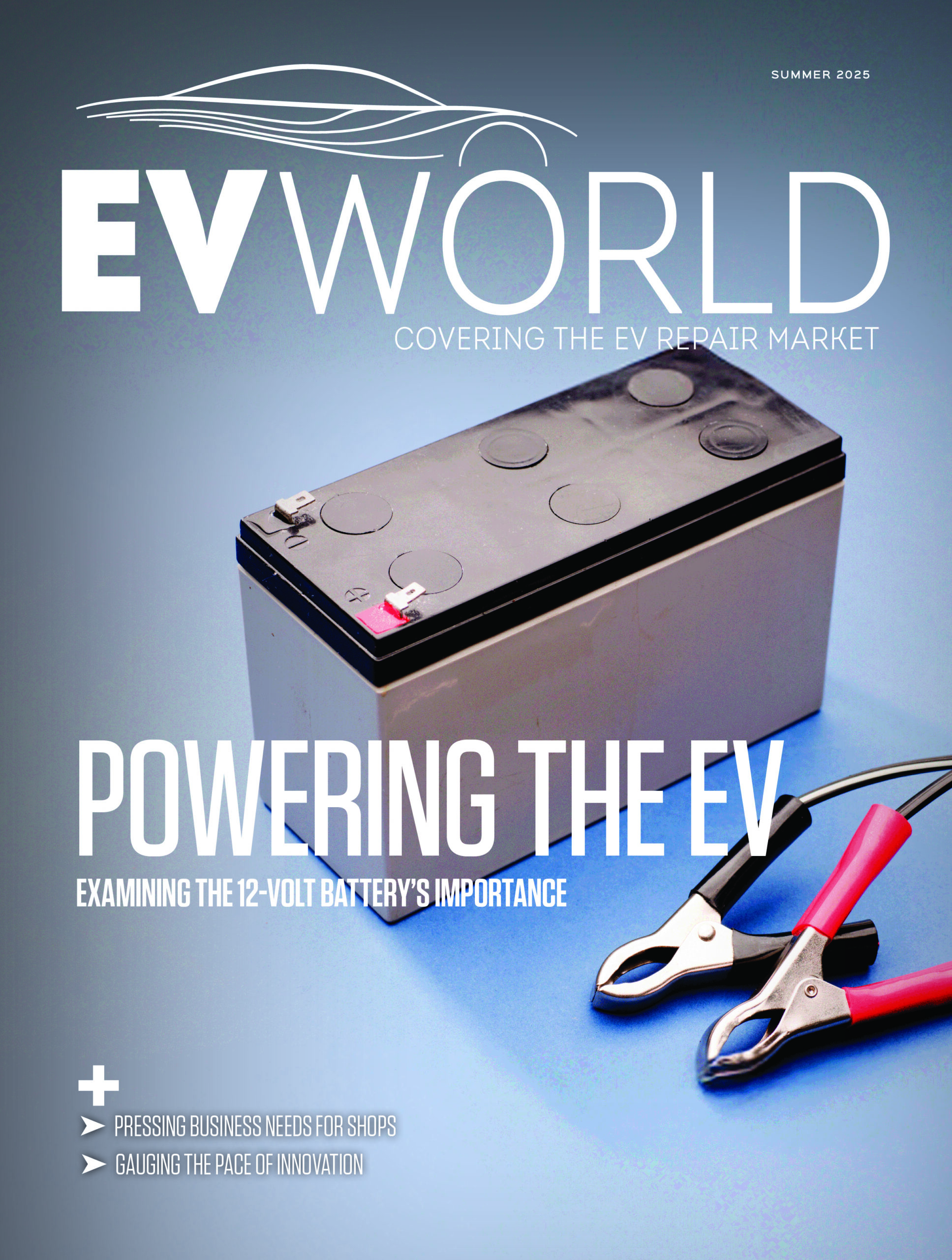



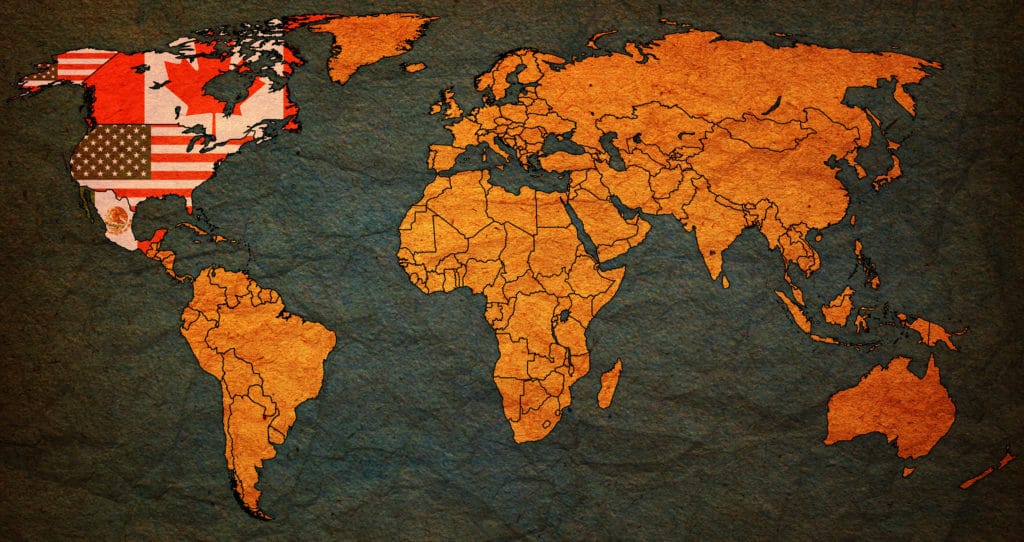
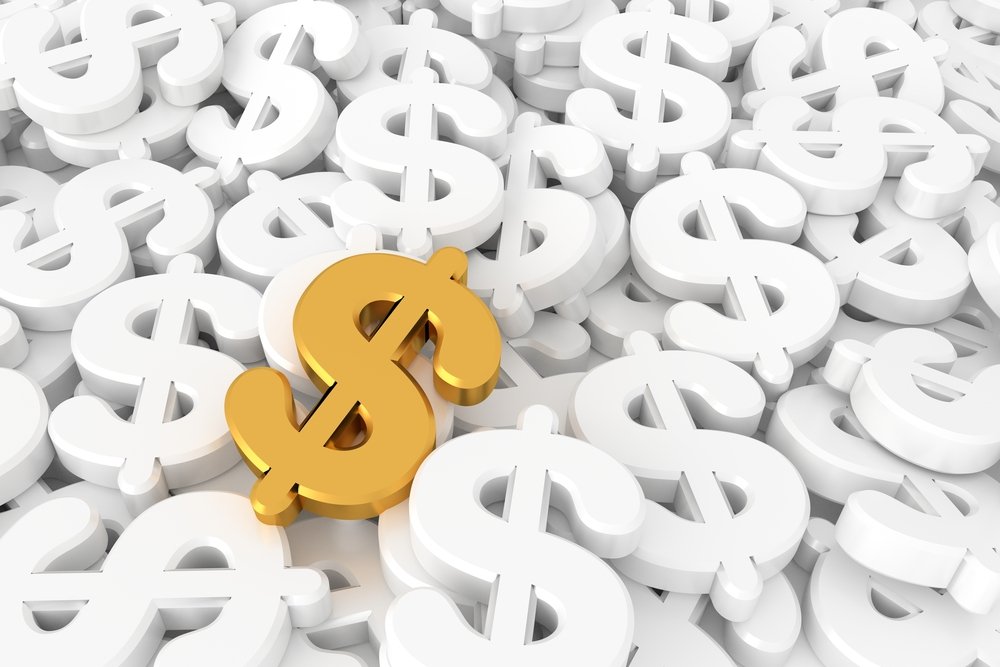
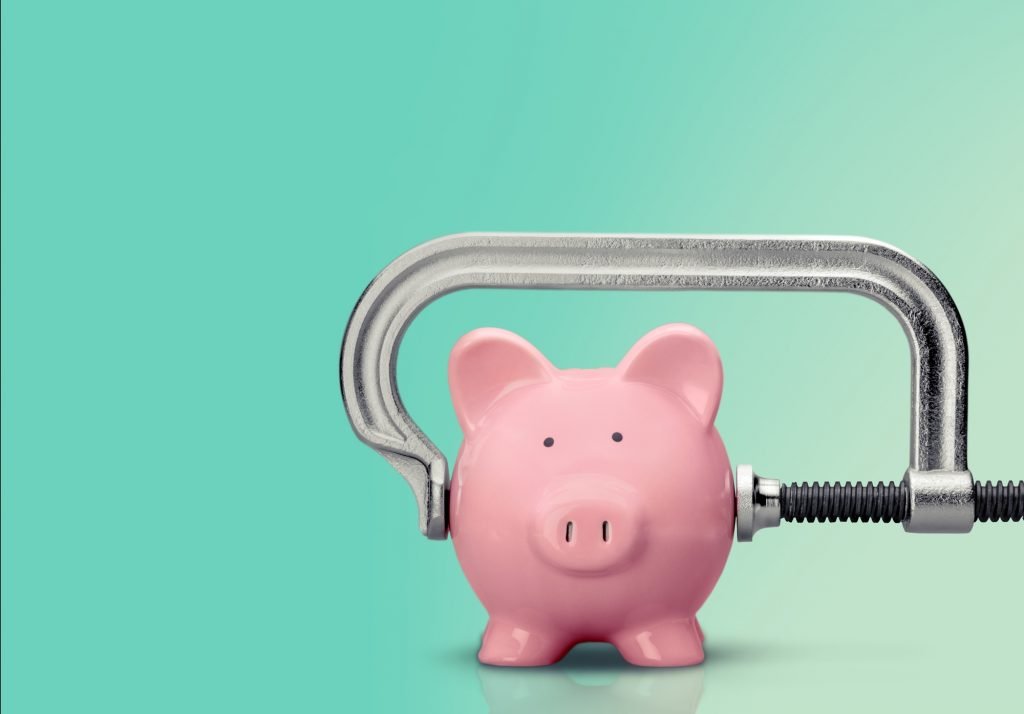

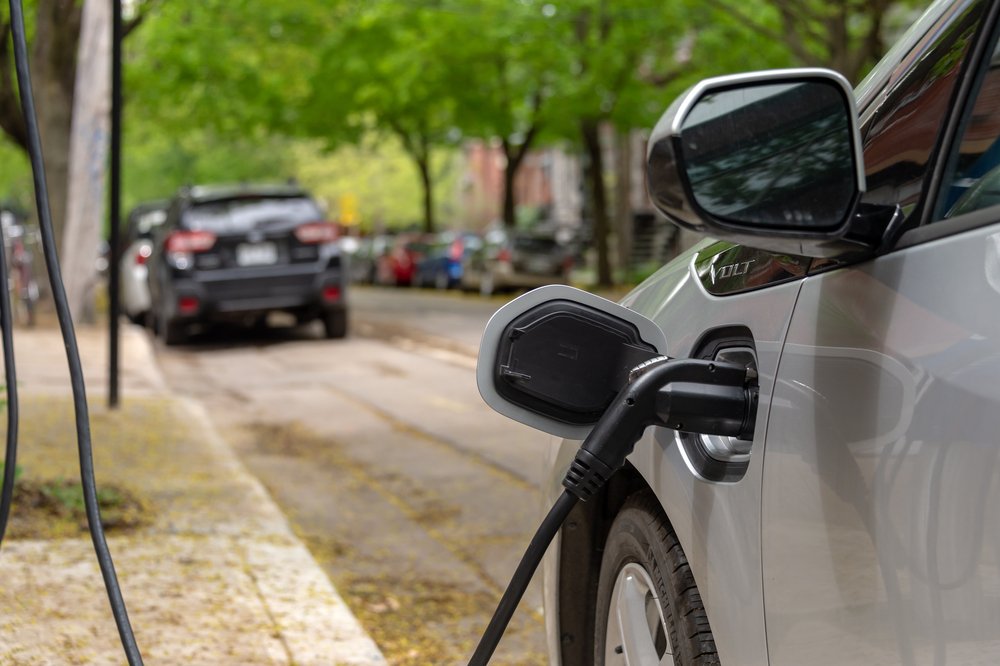
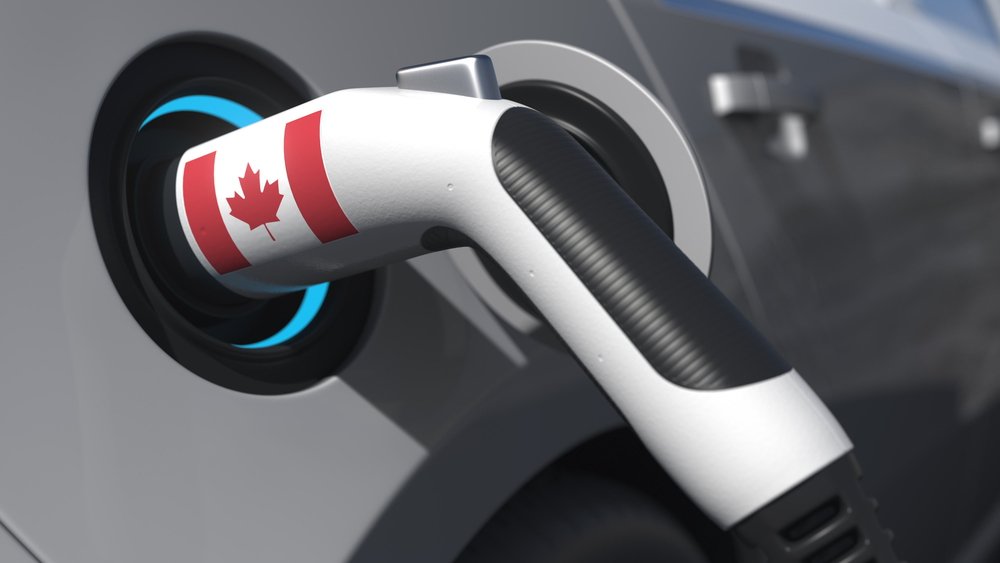
Leave a Reply